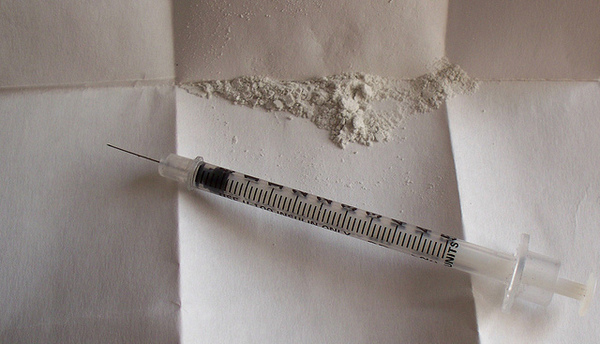By Casey Neill
Greater Dandenong councillors were “gutless” for not supporting a push to oppose drug injecting rooms, councillor Tim Dark said.
At their Monday 8 May meeting, he moved a motion on the issue but failed to attract a seconder, so the motion lapsed.
“I wasn’t anticipating that, no,” he said.
“That was a very interesting surprise.
“To me, it’s a critical issue.
“I think it was a gutless move by my fellow colleagues.”
Cr Dark’s proposal was that the council strongly oppose any changes to legislation that enable drug injecting rooms to be established, develop an anti-drug injecting room strategy, and hold a public meeting on the issue.
His opposition followed a similar motion passed by Casey council in response to a proposal from Australian Sex Party leader Fiona Patten for a 12-month medically supervised safe injecting room trial in Richmond.
She has not suggested a room be set up anywhere else, but Cr Dark said it was important for Greater Dandenong to put forward its opposition while the debate was taking place.
“Setting up drug injecting rooms for drug users is not, in my opinion, the right way to go or the right message to send to the community especially young people,” Cr Dark said in the motion.
“Research also indicates that Australian attitudes towards illicit drugs are very soft, which I believe is one of the underlying reasons for higher levels of so-called ‘recreational’ drug use in our community.”
But Cr Matthew Kirwan said treatment of drug addiction was a health problem not a law enforcement problem.
“While I think that the location of a drug injecting room needs to be considered carefully, and the need for one needs to be well justified before going forward, I don’t see the benefit of banning them everywhere in Victoria under all circumstances – which is what this notice of motion advocates for,” he said.
“I think they need to be considered on a case-by-case basis.
“No one is proposing one for Greater Dandenong but if a health or welfare organisation with the relevant expertise did I think that it would be sensible giving it serious consideration.”
Cr Kirwan said drug injecting rooms enabled people to use drugs under the supervision of medically trained staff and had been shown to reduce the spread of HIV and hepatitis C, reduce deaths and injuries due to drug overdose, reduce ambulance call-outs, increase referral to health and social services including detoxification and drug addiction treatment, and reduce public drug injecting and the number of discarded needles.







